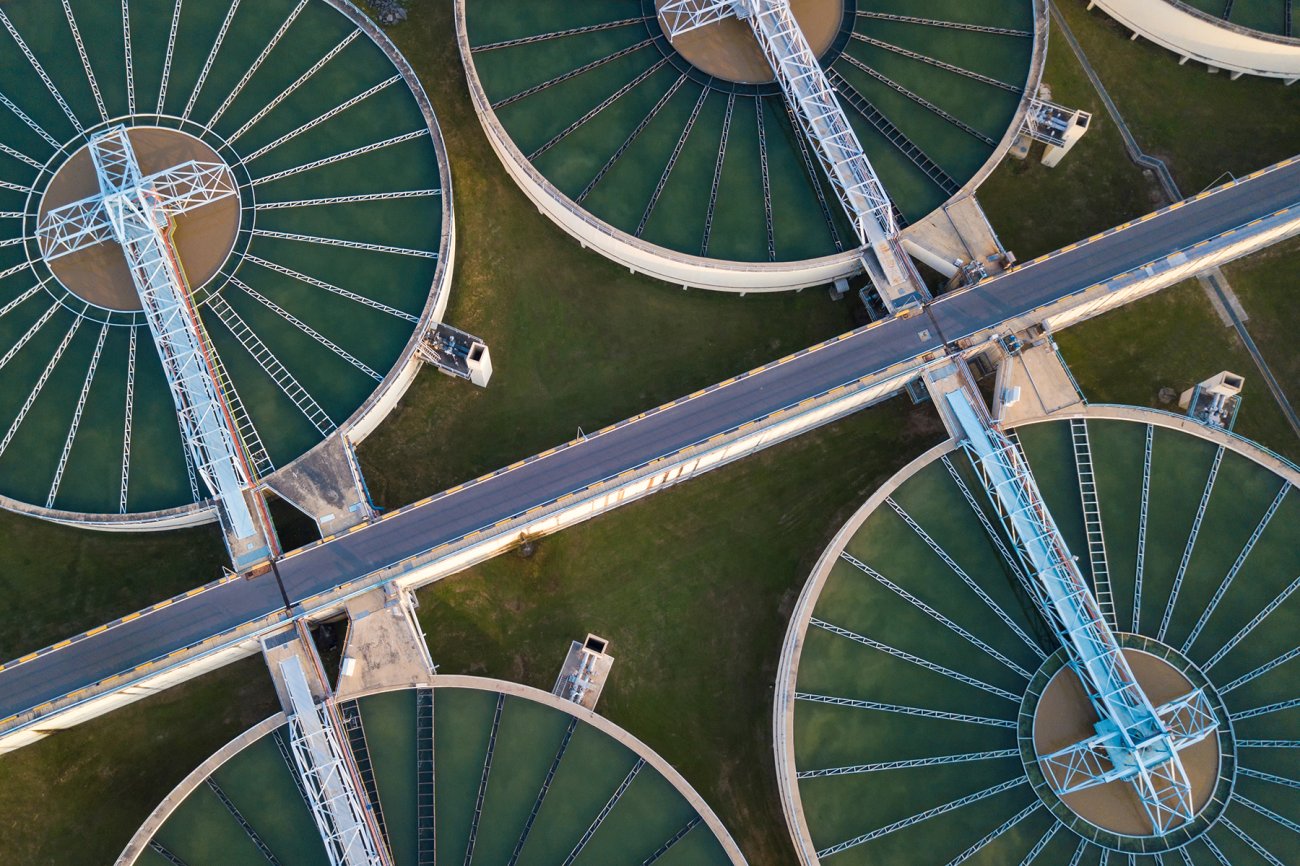The Greatest Guide To Reclaim Waste
The Greatest Guide To Reclaim Waste
Blog Article
Our Reclaim Waste PDFs
Table of ContentsHow Reclaim Waste can Save You Time, Stress, and Money.Reclaim Waste Fundamentals ExplainedFascination About Reclaim WasteSome Known Incorrect Statements About Reclaim Waste A Biased View of Reclaim Waste
Check out the types, occurrences, and types of liquid waste. Domestic sewer waste refers to the waste and products from a residential septic container. This kind of waste is produced by human beings in houses, schools, and other structures. This only includes septic containers that have a drain field. The correct monitoring and disposal of residential sewer waste require fluid waste to be transferred to a sewer therapy plant where the appropriate methods and devices are related to cleanse and throw away waste.
Commercial waste usually consists of prospective risks, such as flammable materials or a mixture of liquid and solid waste items, and needs an advanced and thorough disposal process. The disposal of industrial waste usually entails the purification of waste before transport to make certain safe and proper disposal. Industrial waste is created from by-products and drainage of commercial processes and production.
This sort of waste can not make use of the exact same sewer management transportation or procedures as septic or business liquids. The commercial waste management process calls for the evaluation and testing of fluid waste before it undertakes the disposal process (industrial wastewater treatment). Runoff waste is the fluid waste that comes from overflow and excess stormwater in highly inhabited locations or cities
Drainage waste can create contamination and flooding if not taken care of appropriately. Guaranteeing correct waste administration can stop catastrophes and lower ecological injury.
Facts About Reclaim Waste Uncovered
Contact PROS Providers today to discover our waste monitoring and disposal services and the correct means to look after the fluid waste you generate.
(https://share.evernote.com/note/7e2c20e2-4e08-1523-1aa2-d06cf7e27761)Do you know what occurs to your water when you disengage, flush the bathroom or drain the washing machine? No? Well, it deserves recognizing. This supposed 'wastewater' is not just an essential resource however, after treatment, will certainly be released to our land, waterways or the sea. Made use of water from toilets, showers, bathrooms, kitchen sinks, washings and commercial procedures is called wastewater.

water used to cool down machinery or tidy plant and equipment). Stormwater, a form of wastewater, is overflow that moves from farming and city areas such as roof coverings, parks, gardens, roads, paths and seamless gutters into stormwater drains, after rain. Stormwater moves untreated straight to neighborhood creeks or rivers, at some point reaching the ocean.
The Ultimate Guide To Reclaim Waste
In Queensland, a lot of wastewater is dealt with at sewage therapy plants. Wastewater is delivered from residential or industrial websites via a system of sewers and pump stations, understood as sewage reticulation, to a sewage therapy plant.
The Division of Natural Resources encourages city governments concerning managing, operating and preserving sewerage systems and treatment plants. In unsewered locations, neighborhood governments might need householders to install individual or household sewer treatment systems to treat domestic wastewater from commodes, kitchens, restrooms and laundries. The Division of Natural Resources authorises the use of household systems when they are shown to be effective.
A lot of stormwater gets no therapy. In some new subdivisions, treatment of some stormwater to remove trash, sand and crushed rock has begun using gross contaminant catches. Wastewater treatment takes place in 4 phases: Eliminates solid issue. Larger solids, such as plastics and other items mistakenly discharged to sewage systems, are gotten rid of when wastewater is travelled through displays.
Wastewater after that flows right into huge tanks where solids clear up and are removed as sludge. Grease and residue are skimmed from the surface area. Makes use of tiny living organisms referred to as micro-organisms to break down and eliminate staying dissolved wastes and great fragments. Micro-organisms and wastes are incorporated in the sludge. Gets rid of nitrogen and phosphorus nutrients that might cause algal blossoms in our rivers and endanger marine life.
Reclaim Waste for Beginners
Nutrient elimination is not available in any way sewage treatment plants due to the fact that it needs costly specialized tools. It is coming to be more usual in Queensland. Clear fluid effluent created after treatment might still consist of disease-causing micro-organisms. If this effluent is released internet right into waterways such as rivers or the sea, the micro-organisms will eventually pass away out.

This generally implies wastewater has to be dealt with or contaminants eliminated prior to it can be discharged to rivers. Most wastewater streams into the sewage system. Under the Act, regional governments carry out authorizations and licences for eco pertinent tasks (Periods) including wastewater releases that could have a regional effect. The department administers approvals and licences to Ages entailing wastewater launches that may have a local or statewide effect.
Reclaim Waste Fundamentals Explained
Monitoring provides valid info concerning water quality and can confirm that licence problems are being satisfied. The information acquired through monitoring supplies the basis for making water quality choices.
Report this page